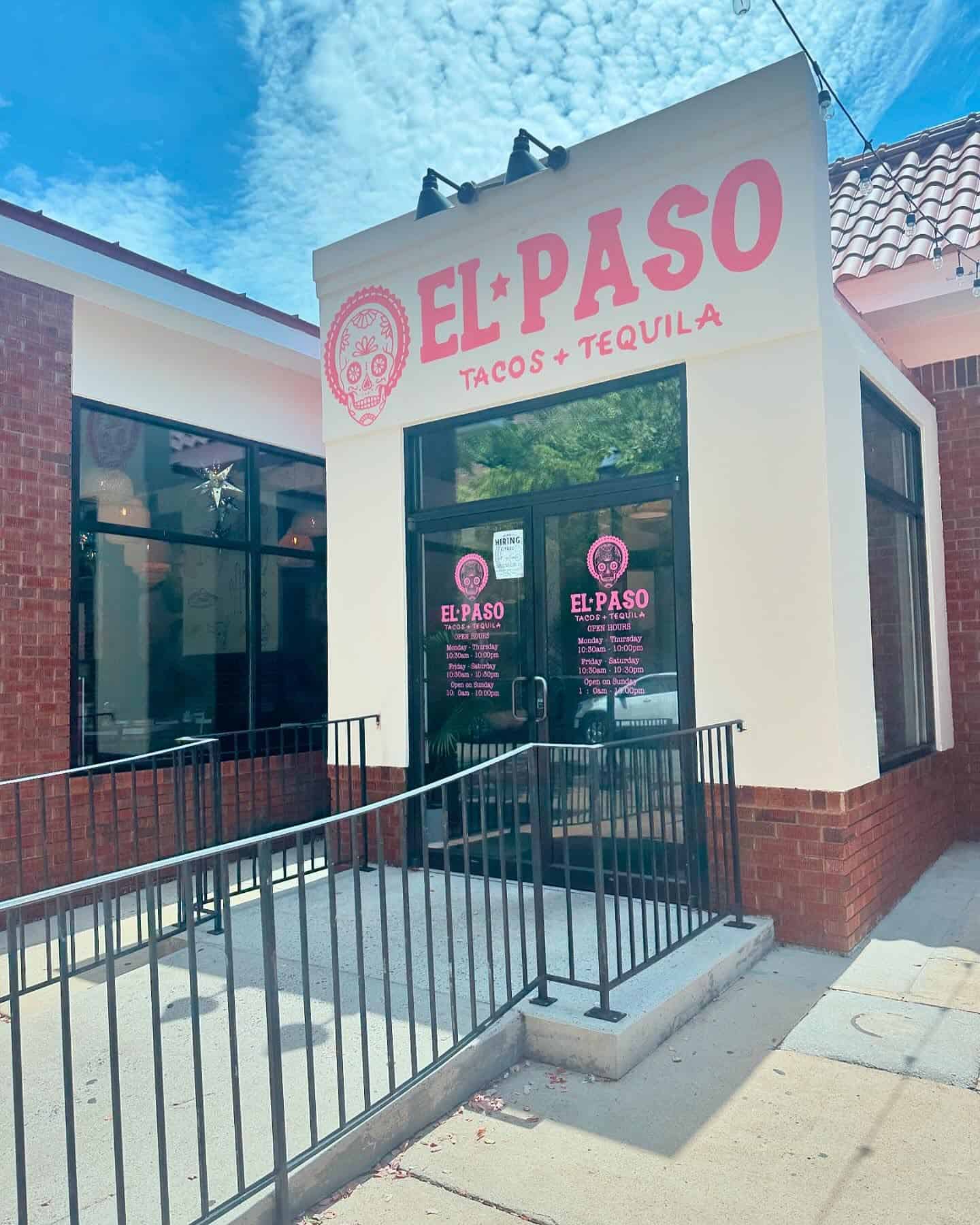The readout of the period in which we, Americans, currently coexist among the press and historians is a resounding “turbulent.” As citizens, we’re constantly being fed fear about our friends and neighbors, the political machine, and the future of Democracy. The worst prospect pushed is that of a second civil war. Writer and Director, Alex Garland, apparently recognized this and chose to exploit it in his new movie, aptly titled, Civil War. However, like the insidious deflections and projections by those holding legitimate power in our nation who would rather pit citizens against each other in gross fantasies rather than claim any kind of accountability, this film is merely an empty travesty, full of fire and fury, signifying absolutely nothing.
The film is set in a time in which the U.S. Government has lurched into dictatorship. Several states, including Texas and California, have seceded and formed the WF (Western Forces) alliance. We follow three journalists who intend to travel from New York City to Washington, D.C. Lee (Kirsten Dunst) is a renowned photojournalist. Joel (Wagner Moura) is dead set on landing an interview with the President of the United States (Nick Offerman), currently serving his third term. Sammy (Stephen McKinley Henderson) only wishes to travel as far as Charlottesville, Virginia at the WF’s base of operations. Their trip adds a fourth member, a 23-year-old girl named Jessie (Cailee Spaeny) who wants to be a wartime photographer just like Lee.

Their odyssey is a dangerous one, as they cross state lines to face a broken nation, flooded with death and destruction: lynching, bombing, and xenophobia. Among their travel stops is a town in West Virginia seemingly unaware of the conflict, a shootout at a property for no reason (“he’s shooting at us, we’re shooting at him”), and a devastating moment featuring scene-stealer, Jesse Plemons as a gun-crazy militia member seeking to purge “non-Americans.”
Along the way, Jessie endears herself to the stoic Lee, and witnesses, through different lenses, the ravages of war, as the band of documentarians inch closer to the nation’s capital.
The premise for the story is rich with opportunities both for thematic elements and commentary, but it sadly falls flat, mostly due to the shortage of, as Marguerite Duras once asserted as an imperative for journalists, moral position. Garland, in a widely read interview with the New York Times last week, stated that he wanted “to put the press as the heroes” in the story, but the overall objective of these journalists is unclear apart from “it’s what they do.”

Garland also said the film is an “extension of a situation” (the situation being the current political climate) but makes no ties to the current situation other than mentioning “Antifa” once. We aren’t given any background on the president, political parties, the secession, or who is leading the charge of the secessionist states. It’s a strange duck; a movie about civil war with zero politics. Maybe this is because Garland didn’t want to offend anyone, but if he wanted to exploit the turbulent socio-political mood, he could’ve had the decency to draw out more of who we are.
The filmmaker clearly, at least in the press ring, wants there to be a message from this story that resonates or even frightens the audience – the message, whatever it is, is indecipherable. Be nice? Love thy neighbor? Didn’t stop this war. Prevent tyrants from taking the White House? How did this president attain a third term? Who got him there? Why hasn’t he been shot? The logic in this world is ludicrous even by real-life American political standards. This information would have been helpful to fully digest the events of the story. If only there was someone who could fill us in, say, a journalist.

The technical elements of the film, however, are strong. Stunning visuals and great sound design make for a thrilling theatrical experience, and the scenes in combat are immersive and visceral. The acting ensemble is also a strong one, with Dunst’s resignation, McKinley Henderson’s wisdom, and the breakout Spaeny’s spirit transcending the confines of the clumsy story. The film is not entirely bad because of these saving graces.
Civil War was partly filmed in Atlanta. Secret Atlanta reported that the film’s third act (taking place mostly at the White House) was shot at Tyler Perry Studios’s replica of the historic structure (viewers of Perry’s The Oval are familiar with this set). Distributed by indie movie darling A24, it saw the largest opening weekend for the distributor with $25 million in ticket sales after its April 12th premiere.
See the film for its spectacle, but don’t expect any sort of dogma.
Civil War is a product of DNA Films and A24 and is currently playing in Augusta at the Regal Augusta Exchange and Riverwatch Cinemas.

Dylan James graduated from the Savannah College of Art & Design with a BFA in Dramatic Writing. He has studied both the ‘show’ and ‘business’ aspects of show business since childhood, and writes through sociological analysis, seeking relevance in the art and commerce for the moment.










